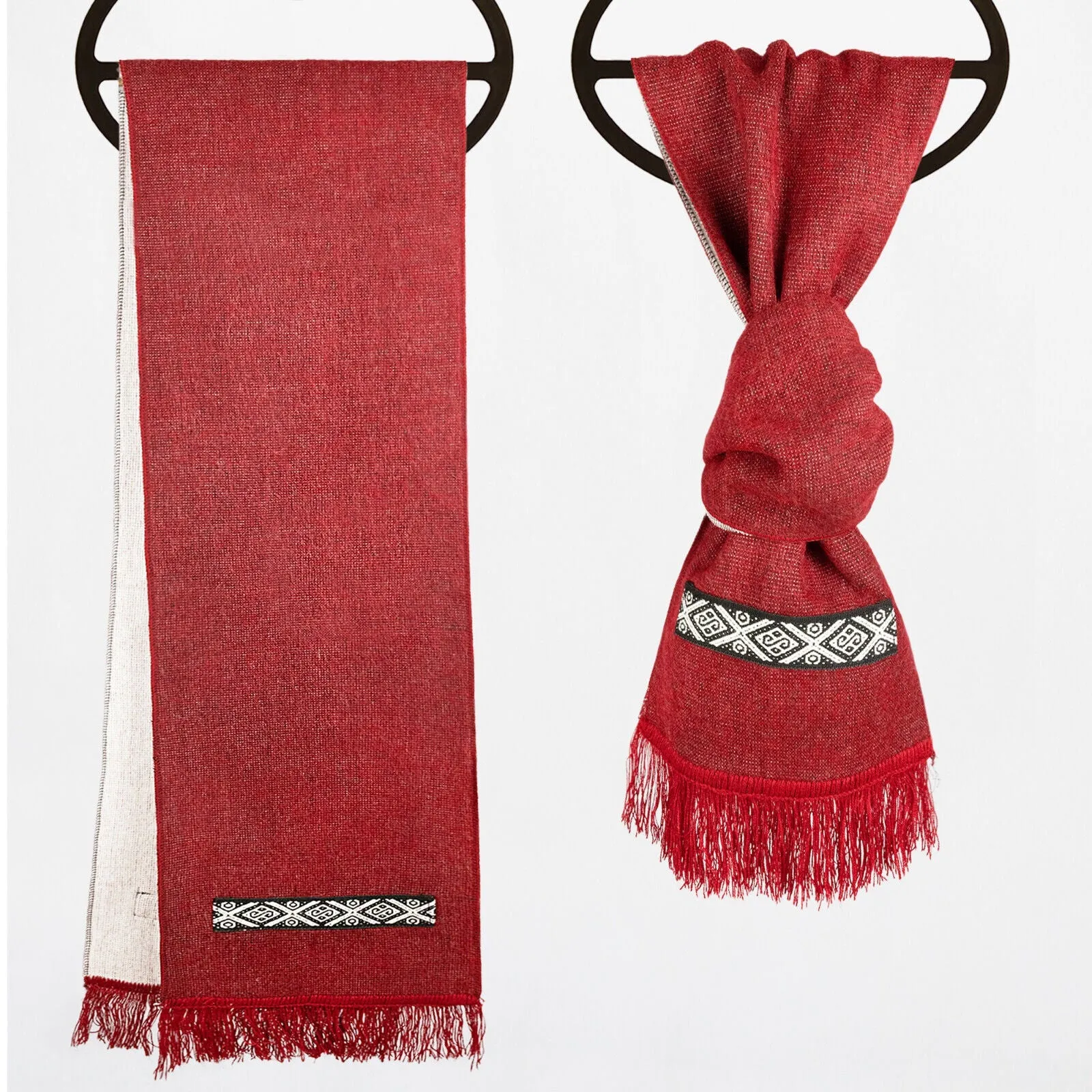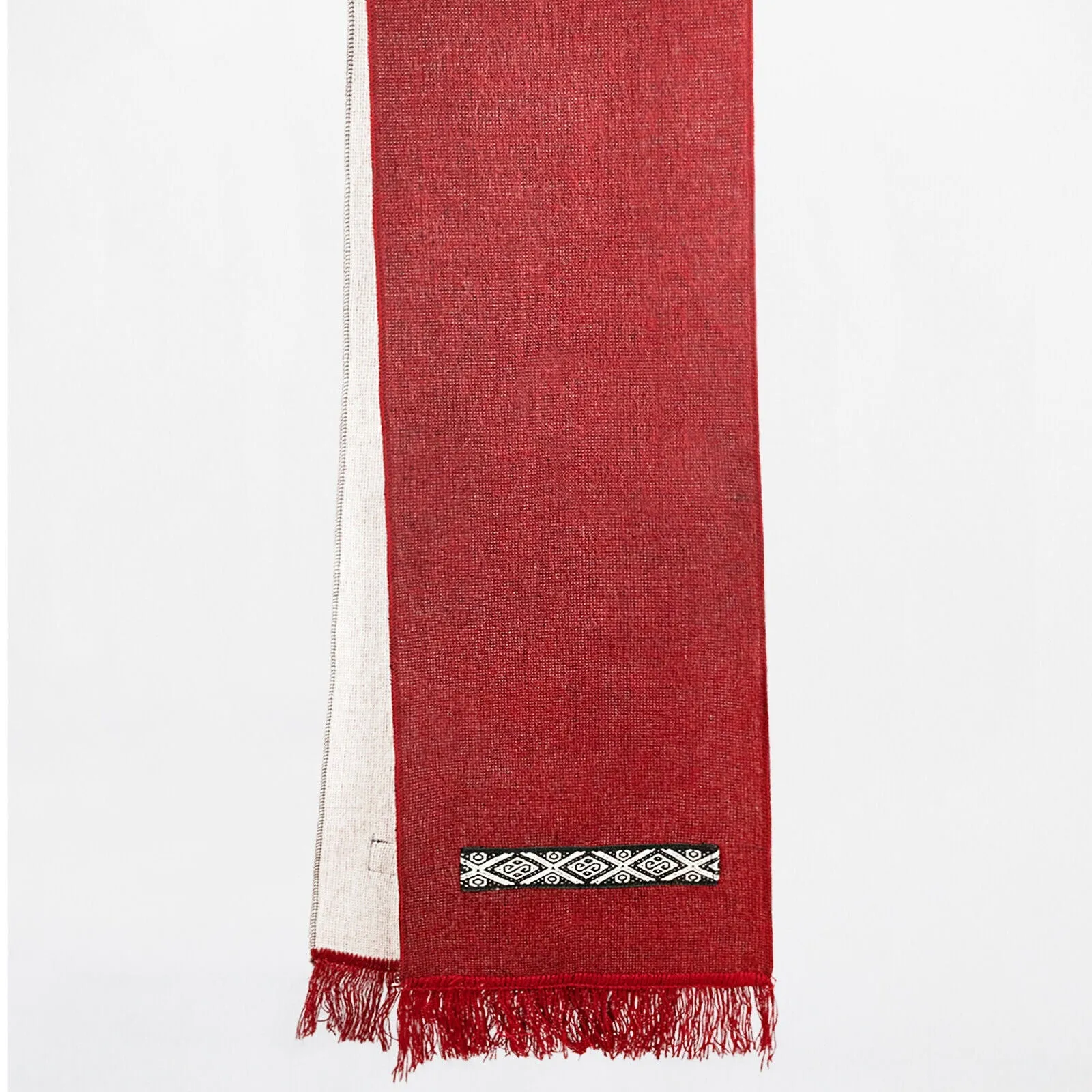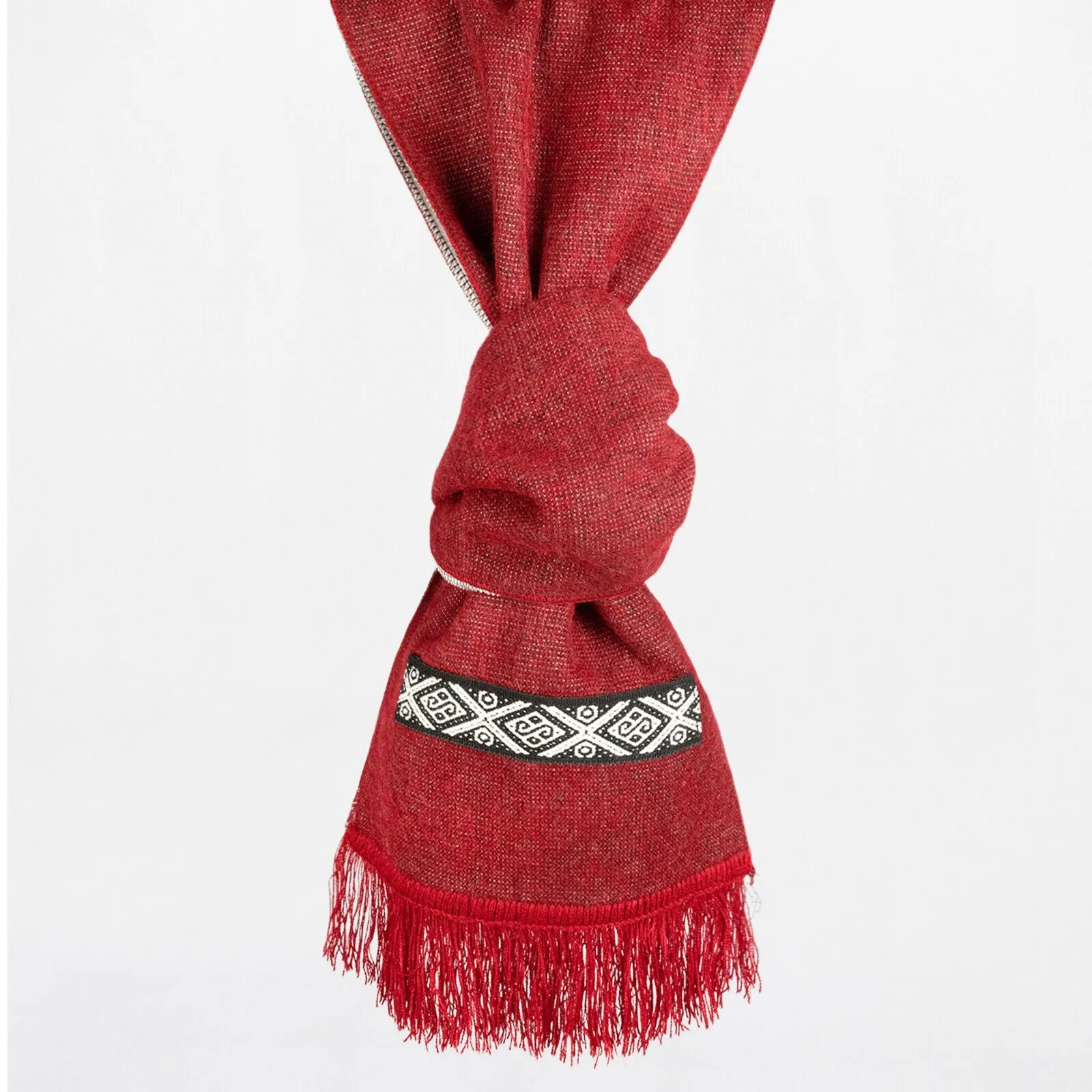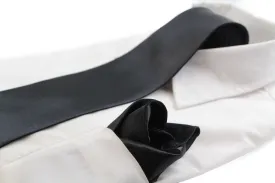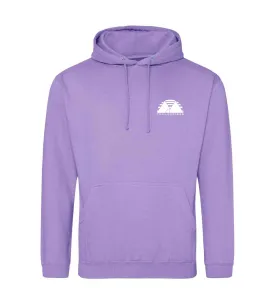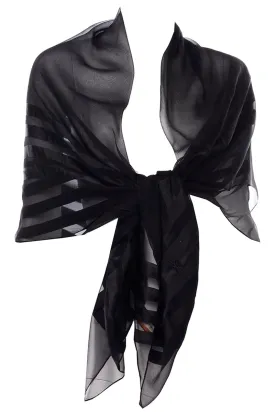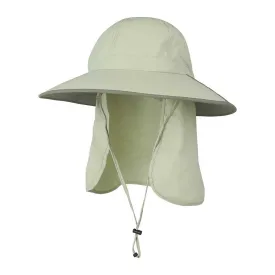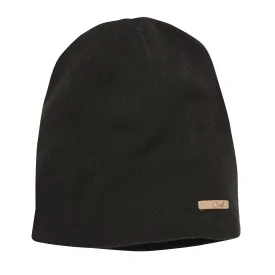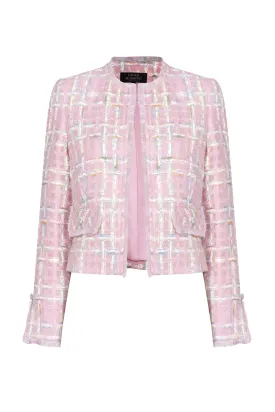Wrap yourself in the warmth and tradition of the Andes with our Artisanal Andean Elegance Alpaca Scarf. This beautifully crafted scarf is the work of skilled Ecuadorian artisans, who have woven together the finest alpaca fibers to create an accessory that is as warm and comfortable as it is stylish..
Adorned with delicate geometric patterns near the fringes, these designs are inspired by the rich cultural heritage of the Andean region, bringing a piece of Ecuadorian tradition to your wardrobe. The hand-knotted fringes add a touch of artisanal charm and playful movement to the piece.
Generously sized, the scarf offers versatility in styling, making it the perfect complement to both casual and formal ensembles. Embrace the blend of artisan craftsmanship and elegance with our Artisanal Andean Elegance Alpaca Scarf, a timeless accessory for those who appreciate the finer things in life.
-
One size - 10 2/3" x 79 1/2" includes 3.15" fringe on each end
(202 cm x 27 cm incl. 8 cm fringe) - 80% Alpaca / 20% Acrylic
- Unisex
- Cuff-less, dual colors
- Natural, hypoallergenic & sustainable material coming from the yearly shear of the eco-friendly Alpaca
Care Instructions
Hand wash in cool water. Air dry. Low setting on dryer for 10 minutes for maximum fluffiness.
Maintain using a light bristly brush direction of the alpaca fiber. Iron on low in same direction.
The alpaca is a product of ancient Andean civilizations, when 6,000 years ago it had already evolved from the vicuña to produce a unique fibre. Alpaca fibre has worldwide renown for its luxurious quality . Alpaca fibre is fine, strong (second only to silk among natural fibres), very warm, comfortable and with the lightness of a feather.
An alpaca (Vicugna pacos) is a domesticated species of South American camelid. It resembles a small llama in appearance.
Alpacas are kept in herds that graze on the level heights of the Andes of southern Peru, northern Bolivia, Ecuador, and northern Chile at an altitude of 3,500 m (11,500 ft) to 5,000 m (16,000 ft) above sea level, throughout the year. Alpacas are considerably smaller than llamas, and unlike llamas, they were not bred to be beasts of burden, but were bred specifically for their fiber. Alpaca fiber is used for making knitted and woven items, similar to wool. These items include blankets, sweaters, hats, gloves, scarves, a wide variety of textiles and ponchos in South America.




